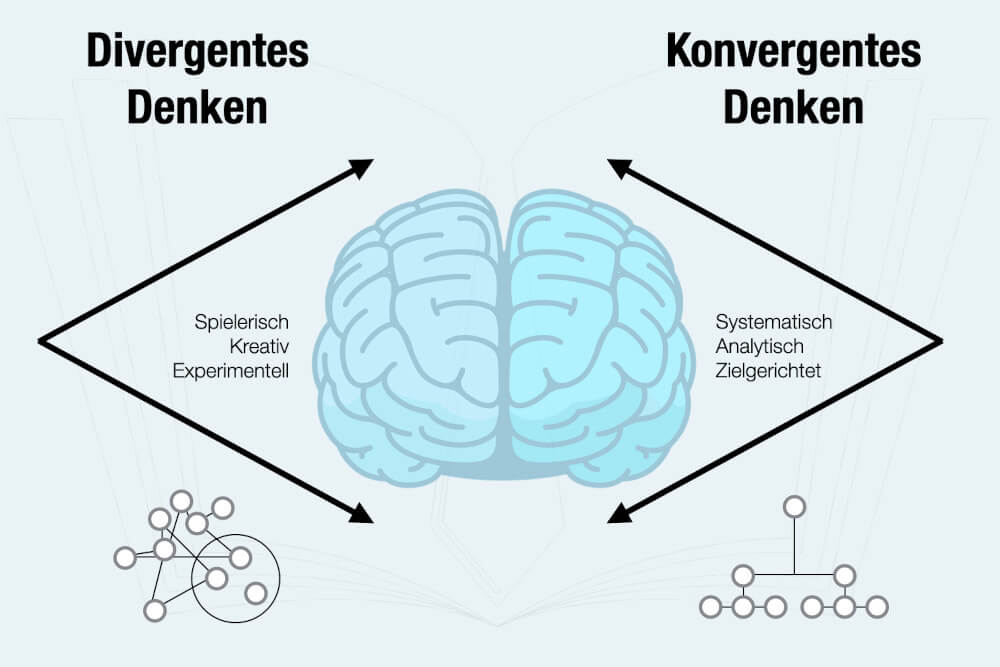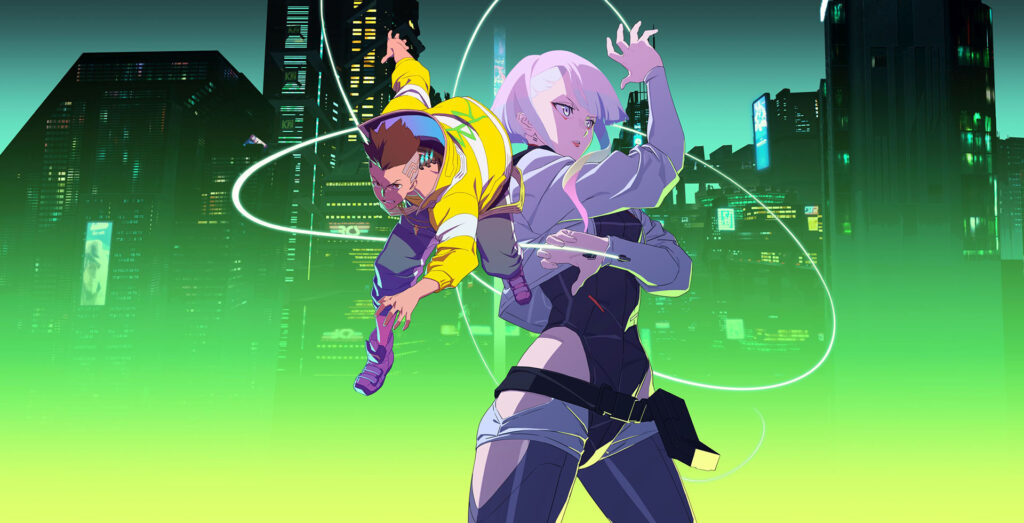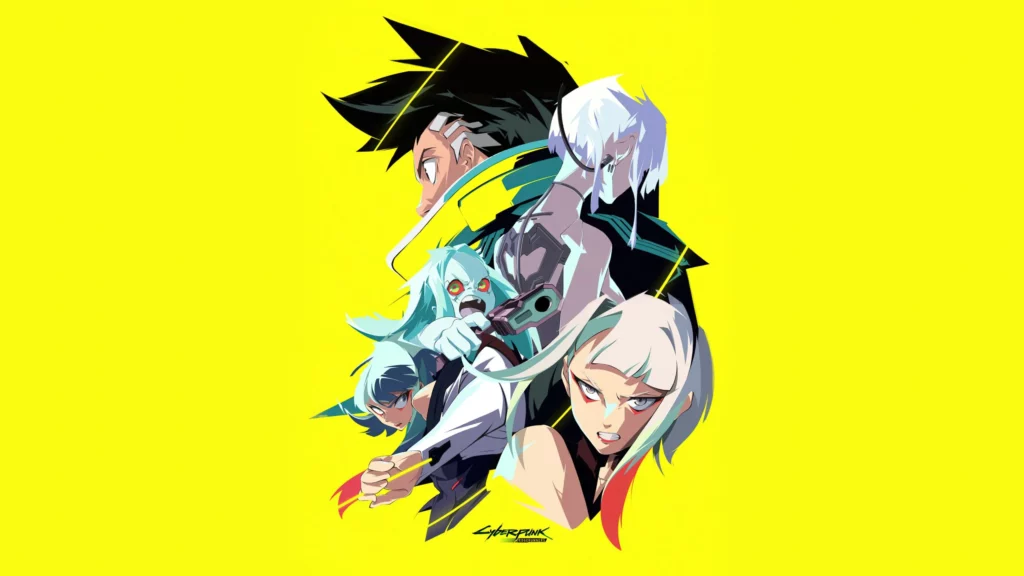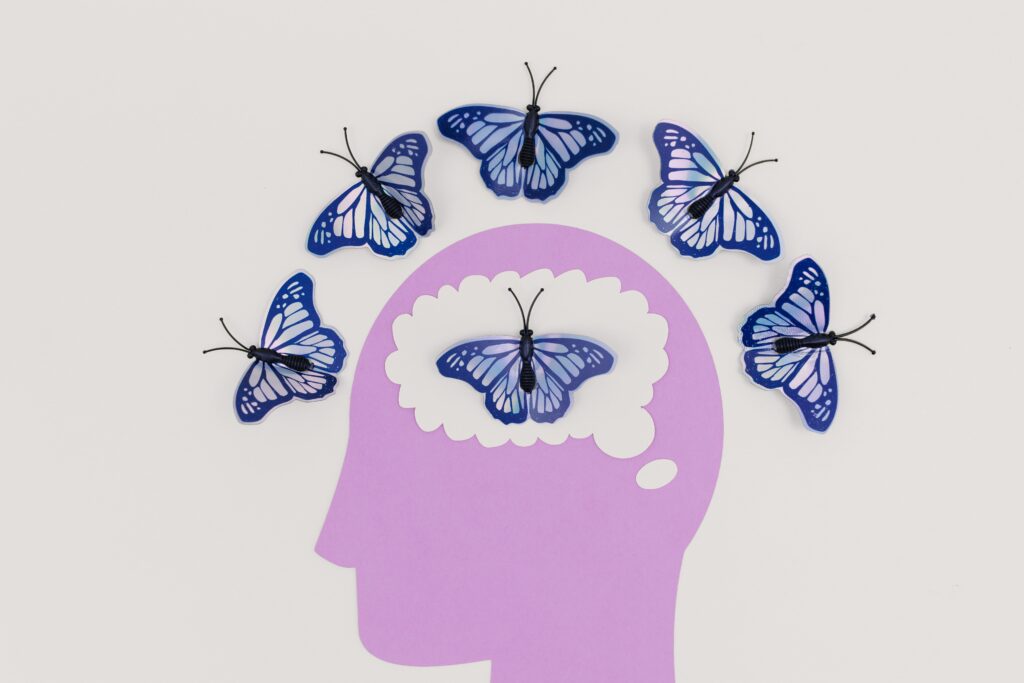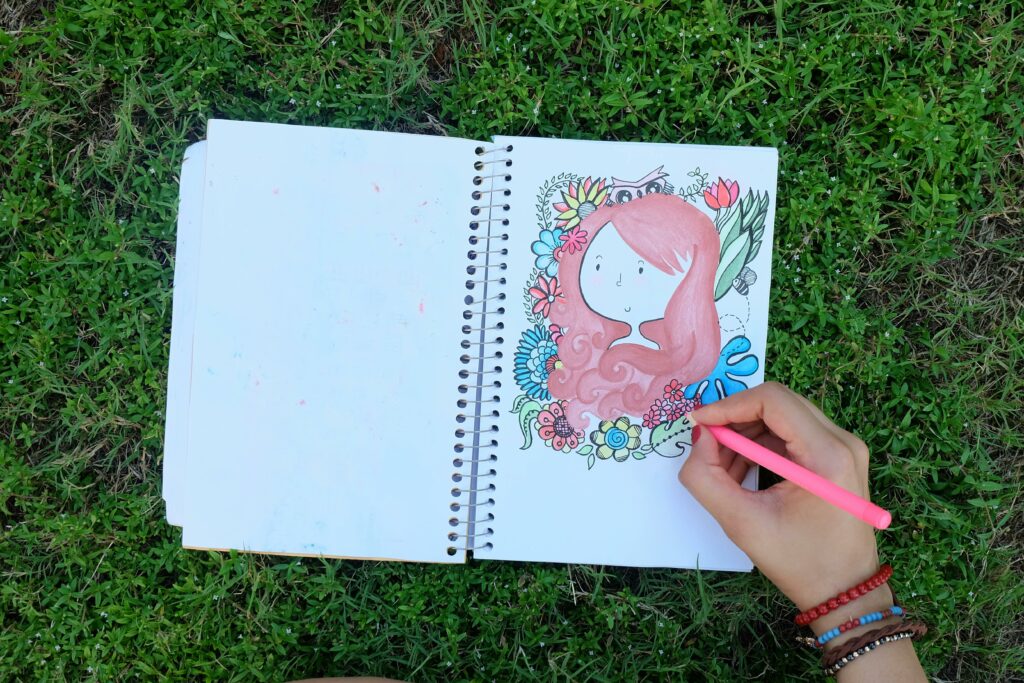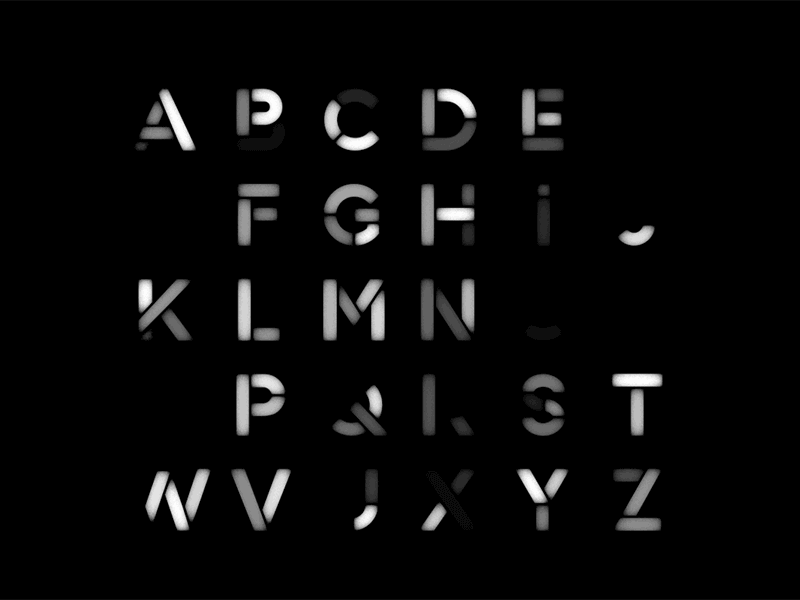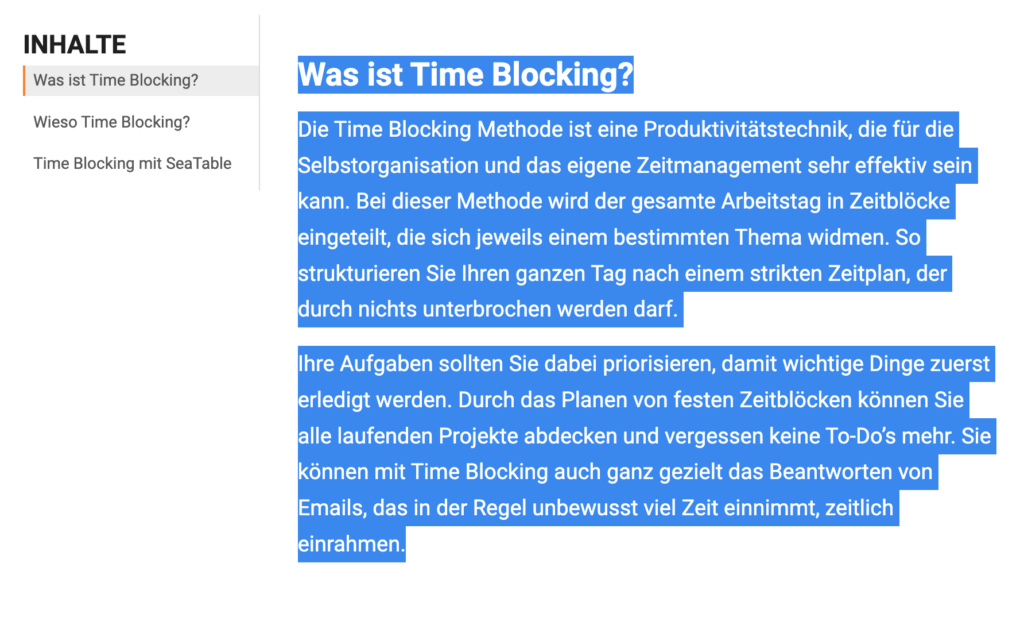„Shapes in themselves have their own language.“
Maddy Zoli

With this quote, I wanted to begin my journey for this semester’s project for Design and Research. I have finally made a decision to pursue something that I have wanted to do for a very long time – creating my very own character/character design.
As I have a passion for drawing and illustration, I want to use the knowledge that I’ve already acquired and expand it with new information. In the end, I hope that this will lead me to a point where I have developed something that I can use for further projects in the future, possibly even for my Master’s project.
For every new project, the first step is always research. So, I searched for character design, or to be more precise „how to develop a character design“ on Google, which led me to the article for my first blog post.
In the article, „7 character design tips to make your design stand out“, by Lavinia Aparaschivei, you get a better overview of how to develop a character design from scratch. Plus you get a better understanding of what you must consider when setting up your character in its natural environment.
Something that caught my interest and gave me a chuckle was the fact, that some of the things mentioned in the article were kinda covered in the first weeks of the ongoing semester at FH. For example, when creating a character, consider their role in the universe or the place they live. Ask yourself questions about their purpose in the story, their role in society, why is the character acting the way it is, or what is their current life situation like and some more. You have the freedom to expand your character’s backstory as much as you want by adding more substance, details, or information.

Thinking about the origin, personal goals, interests as well as weaknesses, personal problems, and daily struggles of your hero can also be useful.
Before beginning the actual design work, I will first focus on setting up the backstory and giving more attention to the world and universe in which my character will exist.
So my next steps include thinking about what my character actually will be like, writing down some first ideas, and starting to create the world and universe it will live in.
I plan to start by creating a mood board, sketching out some ideas, and collecting inspirations that will help me define the character and their surroundings.
I will also do some further research and collect some more information. And I am curious to see where this will lead me to.
I will see you in my next article. Take care and have a great day! 😉




